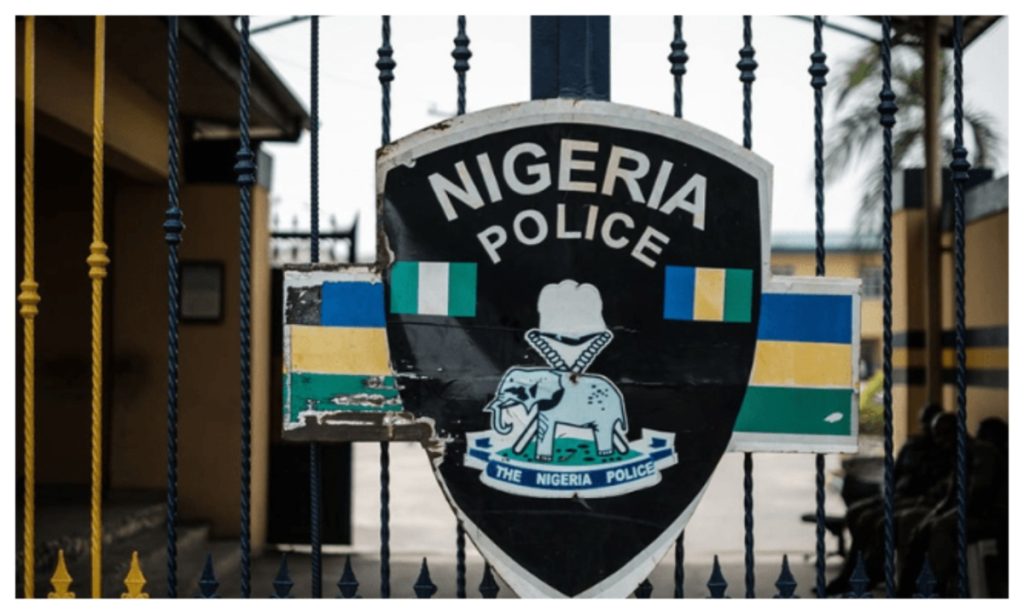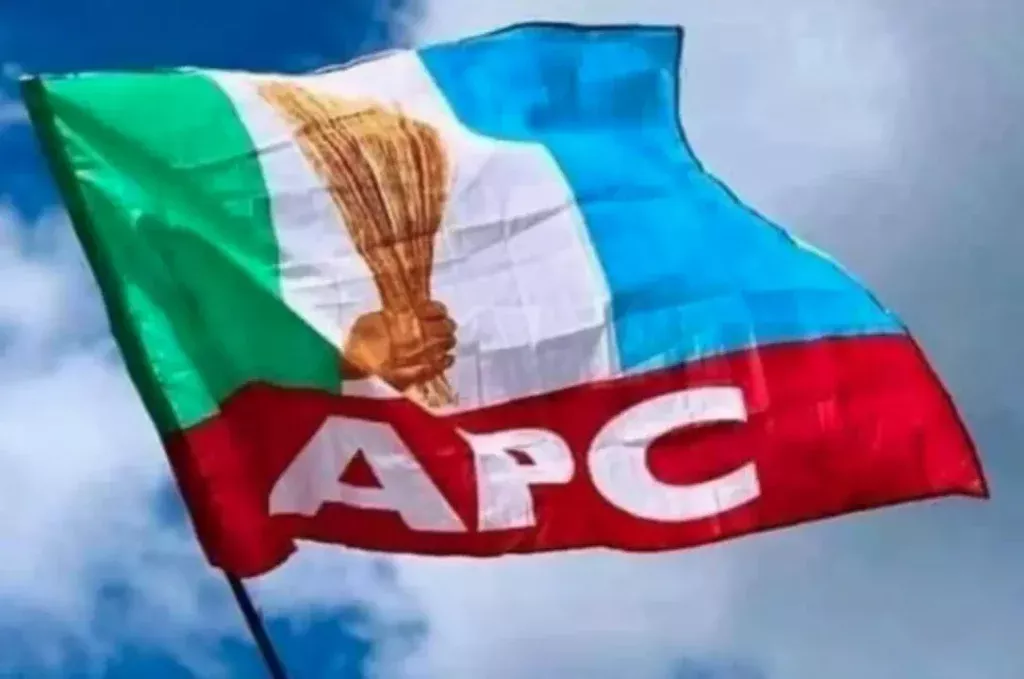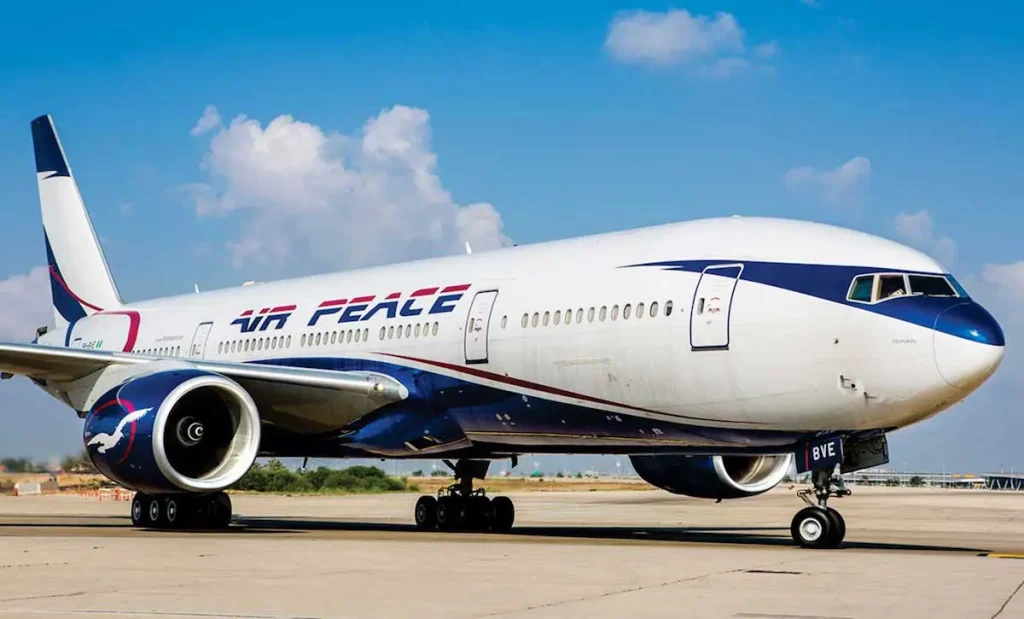Recent reductions in petrol prices in Nigeria have sparked excitement among citizens, but industry players warn that this development may pose greater dangers to the oil downstream sector. The price of petrol dropped significantly nationwide two weeks ago, with retail prices in Abuja and Lagos falling between N885 to N945 per liter, down from N910 and N955, depending on the location and filling stations.
The federal government’s suspension of the planned 15% import duty on petrol and diesel contributed to the price drop. However, Dangote Refinery attributed the reduction to its November ex-depot price decrease to N828 per liter from N877. As of Monday morning, the ex-depot price of petrol had increased to N854 per liter for Dangote Refinery and Pinnacle, and N860 per liter for other depot owners.
Despite the price cut, stakeholders fear that the lower prices are artificial and unsustainable. Exclusive interviews with the Petroleum Products Retail Outlets Owners Association of Nigeria (PETROAN) and the Independent Petroleum Marketers Association of Nigeria (IPMAN) reveal deep concerns that the current pricing is harmful to the sector. The falling pump price does not reflect genuine market forces or improved efficiency in the petroleum supply chain, but rather exposes structural weaknesses and imbalances in Nigeria’s deregulated downstream oil industry.
PETROAN President Billy Gillis-Harry insisted that the current lower pump prices are not guided by fair market pricing, but rather by artificial adjustments that look good on the surface but are damaging beneath. He warned that many marketers will lack the capital to continue purchasing products, leading to potential supply shortages and price hikes. Gillis-Harry stressed the need for “right sizing, right pricing, fair pricing, and honest value” in the market.
IPMAN spokesperson Chinedu Ukadike stated that the controversy goes deeper into Nigeria’s structural petroleum problems. Although the Petroleum Industry Act (PIA) fully deregulated the downstream market, in reality, deregulation cannot function when only one major domestic refinery, Dangote Refinery, is active, and government-owned refineries remain grounded. Ukadike argued that multiple sources of supply would create real competitive pricing, reducing the risk of sharp price movements tied to one supplier.
Industry players agree that the current pricing trend is unsustainable and may lead to renewed fuel scarcity, abrupt price spikes, or supply disruptions. Nigeria’s petrol market finds itself in a vacuum, deregulated by law yet functionally dependent on only two suppliers. The country must choose between the illusion of low prices today and the sustainability of petrol availability tomorrow. Until Nigeria diversifies its refining capacity, restores public refineries, and strengthens market competition, the debate over petrol pricing will remain a recurring national dilemma.
![wizkid fela kuti family feud ends with yeni kuti speaking Fela: 'Wizkid is my padi' - Yeni Kuti reacts to singer's clash with Seun [VIDEO]](https://mediatalkafrica.com/wp-content/uploads/2026/01/xWizkid-Fela-Kuti-family-feud-ends-with-Yeni-Kuti-speaking-1024x759.jpg.pagespeed.ic.I0sEr3SXWS.webp)


